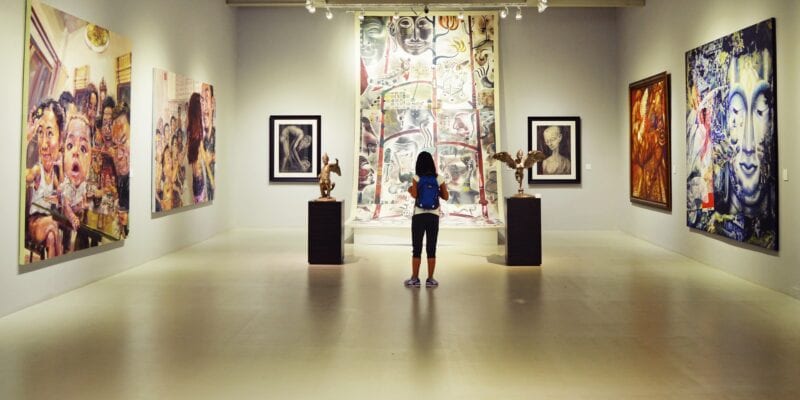COVID-19 has laid bare how cultural policy systems function in countries around the world and raises question of their effectiveness, their inclusivity and the economic and social value of culture in Europe. The Compendium of Cultural Policies & Trends monitors the current measures being taken by different European countries, asking what these measures mean in the long term and how they may influence or change structural policy systems, is an equally important task. What are the (research) questions we should be asking and how can we ensure the presence and value of culture in society as a whole? In an interview series, the Compendium therefore examines the different dimensions of the role of artists, policy makers and the effects of COVID-19 on arts and culture in Europe.
Interview #1: Mark Banks (United Kingdom)
Interview #2: Zlatko Teodosievski (North Macedonia)
The Compendium interviewed its expert author Zlatko Teodosievski (senior curator at the National Art Gallery in Skopje) about the cultural crises of North Macedonia and the effects COVID-19 has had on the politically centralised system. We especially focused on the potential of artistic and cultural advocacy in influencing policies — why is this important and what parameters are needed for cultural and artistic voices to be heard in decision making processes? “I hope that this will be a kind of turning point for the government and the political elites, that they will start accepting culture not as something that only costs money but as a sustainable factor.”
